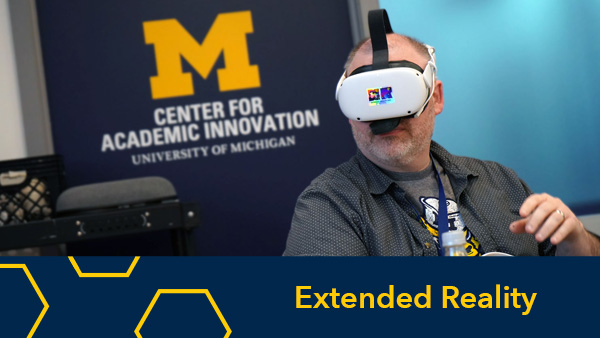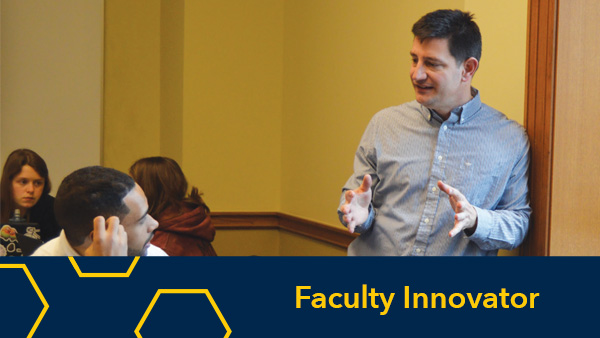Sean Corp, Communications Lead
A study from the University of Michigan’s Center for Academic Innovation has found that personalized email nudges can significantly improve students’ performance in introductory STEM courses that use mastery-based grading. The research, covering more than 5,000 undergraduates, revealed that such nudges could raise assessment scores by an average of 3%.
Published in the “British Journal of Educational Technology,” the new paper’s authors are Becky Matz, Mark Mills, Holly Derry, Ben Hayward, and Cait Hayward, all from the Center for Academic Innovation. The team focused on mastery-based learning environments where students have multiple chances to revise and improve their work, aiming to enhance the benefits of such systems through targeted behavioral nudges.
Mastery-based grading provides students with multiple opportunities to improve performance, emphasizing learning through feedback cycles and revision without penalty. The nudges reinforce the opportunity to improve initial scores to help students take advantage of the mastery-based grading design.
The nudges were delivered to students through ECoach, an educational technology software that provides personalized feedback and tips to support student success. The researchers sent two sets of tailored emails timed strategically before assignment deadlines. The nudges provided students with both decision information, showing their current score and remaining attempts, and decision assistance, guiding them on the path forward.

“Our work demonstrates a clear correlation between student engagement with these messages and improved academic outcomes,” Matz said, highlighting the role of personalized nudges in improving student performance.
Interestingly, while the average score increase was already significant, the students who benefited most were those with lower average grades across their courses, showing as much as a 9% increase in scores.
The research was done in partnership with the Foundational Course Initiative and the Center for Research on Learning and Teaching. Susan Cheng, now at Michigan Engineering, and Anthony King, now at the Institute for Social Research, contributed to the design and deployment of the nudge intervention.
Using ECoach as part of the research is only made possible because so many instructors of large courses at U-M are willing to use the tool in their classes, Cait Hayward said.
ECoach can be integrated into many large courses on central campus, and interested faculty can request a demo or consultation on the tool with staff at the center.
The research also illuminated the importance of timing, with later assignments in a term seeing more pronounced effects from the nudging, suggesting a real-time adjustment mechanism might be instrumental for future applications.

“This result points to the potential of taking advantage of key moments where we can most effectively reach students in their academic journey,” said Cait Hayward.
A surprising finding from the data suggested that after a student viewed the first nudge, the second nudge seemed redundant, indicating that one well-crafted reminder email is sufficient to improve student engagement.
With the low overhead cost of automated and tailored nudges, this practice yields significant improvements for students and may help mitigate high attrition rates in STEM courses.
The work aligns with prior findings that nudges, especially personalized nudges, can lead to various positive educational outcomes. The new research marks a step forward in understanding their role within the context of alternative assessment systems like mastery-based grading.


